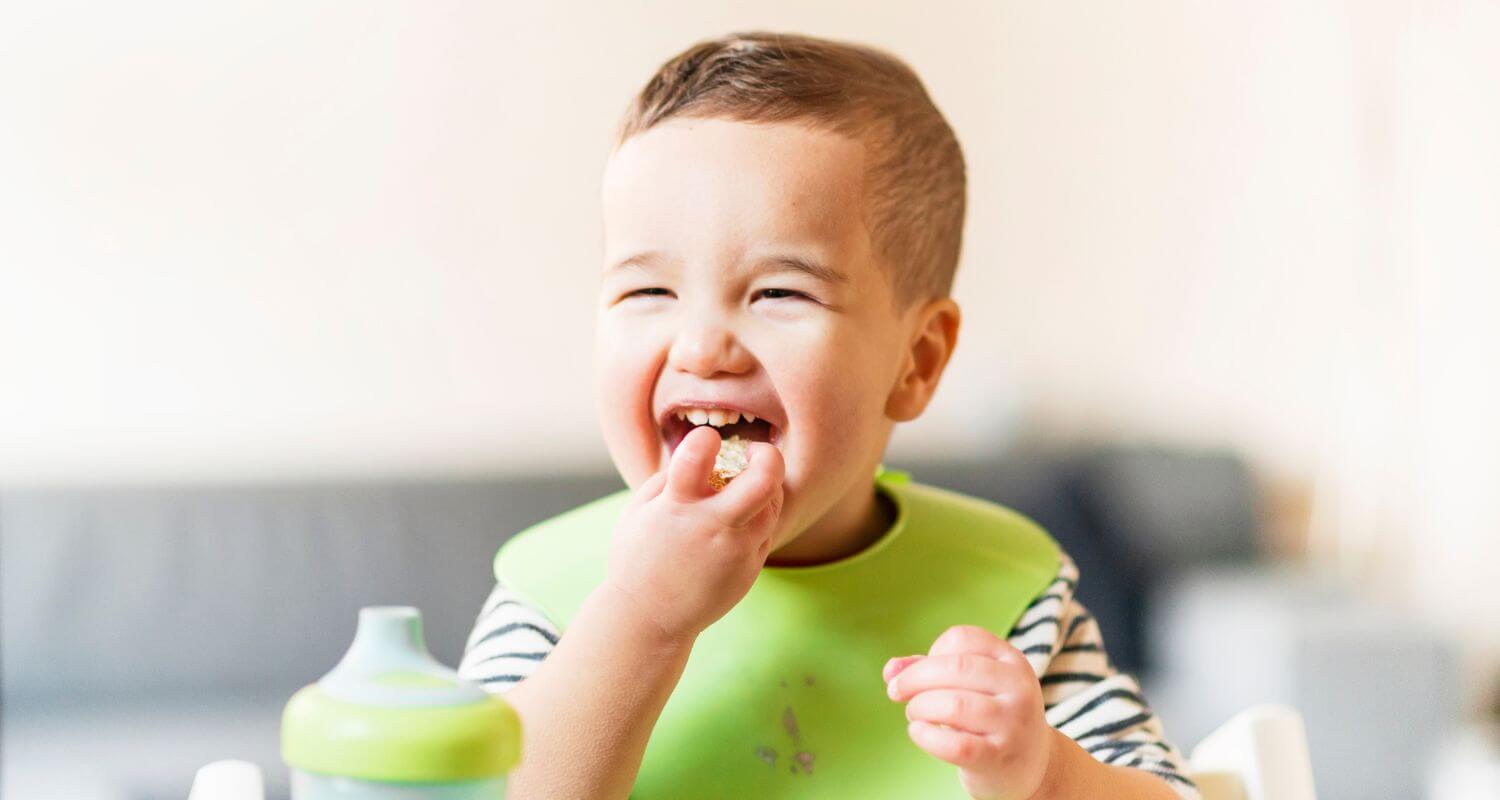Meals that drag on because your child is a fussy eater? Worse, with food prices increasing, it’s become all the more important to teach our kids about respecting and appreciating their food. Here are my 4 tips to reduce food waste with kids of any age.
Serve dinner family-style
Rather than preparing plates in the kitchen, try serving the dishes at the table and let
your children help themselves a small quantity.
If there’s a big quantity on their plate, the visuall can actually cut their appetite and make it harder for them to finish their plate.
In addition, if they played around with their food or half-chewed it, it’s actually a bad idea to put it in a box for later. The saliva and bacteria on the food can make it go bad faster or become unsanitary. So it’s best to develop the habit of taking a little and serving themselves more if they are still hungry.
Furthermore, when your child fills her or his own plate, they take ownership of the food they eat. It’s important for developing their accountability.
Use smaller plates
This trick is great for adults trying to maintain a healthy weight and it also works well for kids’ serving sizes.
With big plates of food, a child can feel overwhelmed by the sheer volume, especially if it’s food that they find difficult to chew or that they don’t enjoy as much. Plus as a parent, we shouldn’t try to feed a toddler as much as a teen, yet we tend to make portions too big.
On the other hand, smaller plates offer more portion control and don’t seem as daunting. If they are serving themselves, it will also avoid them from putting too much on their plate.
Keep meals simple
Some children are very adventurous with food and eager to try new flavours. Yet, to reduce food waste with kids it’s best to keep regular meals simple.
Preparing food your child is familiar with and enjoys, ensures there will be less fuss and waste at the dinner table.
You can still introduce new tastes and ingredients to dishes. However, rather than trying something complicated or very different from their comfort zone, be more subtle. For example, if you’re making a sauce with a little spice, keep it on the side. That way they can give it a taste without having it all over their food. That way if it doesn’t suit their palate, their food won’t be wasted.
Teach about food
This is so important for your child’s long-term health and well-being. Teaching them about eating healthy nutritious foods, how produce is grown and meat farmed, and how packaged food is made gives them more context about food and its value.
By understanding how valuable and precious food is, kids are more careful about what they put in their bodies and are more likely to reduce their food waste. After all, in the United Kingdom alone 9.5 million tonnes of food is wasted annually and a lot could be saved if we were better educated.
These 4 tips are straightforward and will help reduce food waste with your kids. For more about parenting, check out my article on the emotional well-being of children.
Until next time, Tania xx

